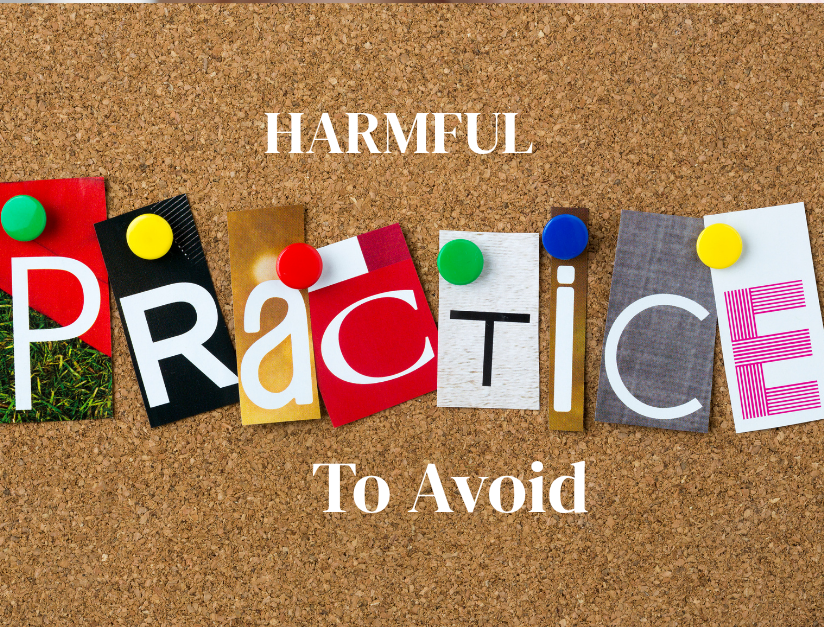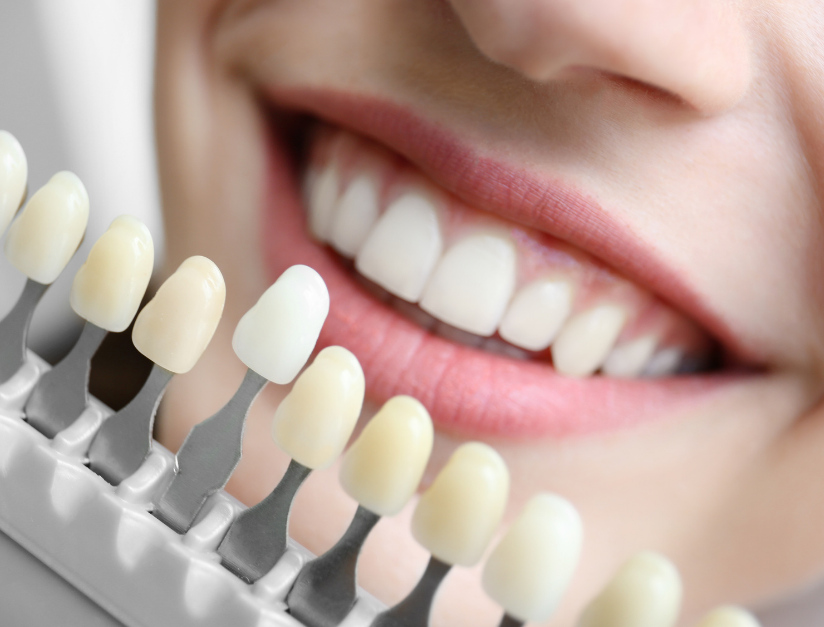Introduction: Why Teeth Whitening Matters
A bright, white smile is often associated with confidence and good oral hygiene. However, with so many teeth whitening methods available, it’s crucial to know which approaches are safe and effective. At Royal Oral & Dental Clinic, Dr. Deepesh Gupta emphasizes that whitening treatments, if done incorrectly, can damage enamel, irritate gums, and even worsen pre-existing conditions like diabetes and teeth problems.
This article explores teeth whitening safety, reviews popular and professional methods, highlights risks of harmful practices, and offers natural alternatives that preserve oral health.
How Teeth Whitening Works
Teeth whitening works by removing stains and discoloration from enamel. Methods vary from at-home treatments to professional bleaching performed in a dental clinic. Whitening agents usually contain hydrogen peroxide or carbamide peroxide, which break down stains. Proper usage ensures results without compromising enamel or gum health.
Safe Whitening Methods
H3: 1. Professional Whitening
Performed under supervision, professional whitening ensures dental bleaching risks are minimized. Dentists can tailor concentration and duration to protect enamel and gums. This method delivers the most consistent results with lower sensitivity.
H3: 2. Dentist-Approved At-Home Kits
Custom trays and low-concentration gels prescribed by dentists are safer than over-the-counter kits. They allow controlled application, reducing the risk of gum irritation or enamel erosion.
H3: 3. Natural Teeth Whitening
Gentle natural options include brushing with baking soda occasionally or using activated charcoal carefully. While these methods provide mild improvement, overuse can wear down enamel.

Harmful Practices to Avoid
Some whitening trends are unsafe and can cause irreversible damage:
- Over-the-counter high-concentration bleaching kits without guidance
- DIY remedies using acidic substances (lemon juice, vinegar)
- Frequent use of abrasive powders or harsh scrubs
- Ignoring pre-existing oral health issues such as low saliva problems or blood sugar gum disease connection
Unsafe methods can increase sensitivity, enamel thinning, and worsen dental issues, especially for patients with oral hygiene diabetes concerns.
Maintaining Oral Health During Whitening
H3: Protecting Enamel
Always use fluoride toothpaste and avoid over-brushing. Enamel protects teeth from decay; weakening it can lead to cavities, which is particularly concerning for patients managing diabetic-friendly dental care.
H3: Supporting Saliva Function
Healthy saliva is essential for oral immunity. Patients with low saliva problems should be cautious with whitening, as dry mouth can increase enamel erosion and reduce the mouth’s natural defense.
H3: Post-Whitening Care
- Avoid staining foods and drinks (coffee, tea, red wine) for a few days
- Maintain routine dental hygiene: brush twice daily, floss, and use mouthwash
- Schedule follow-up visits to monitor enamel and gum health
Whitening for Diabetic Patients
Patients with diabetes should take extra precautions. High blood sugar can exacerbate cavities, gum disease, and oral infections, and whitening treatments may irritate sensitive gums. Royal Oral & Dental Clinic offers tailored whitening plans that prioritize safety while achieving desired results.

FAQs
Q1. Are teeth whitening products safe for everyone?
Most are safe when used under dental supervision. Overuse or DIY methods can damage enamel and gums.
Q2. Can whitening harm diabetic patients?
If diabetes is poorly controlled, whitening may irritate sensitive gums. Always consult your dentist for diabetic-friendly dental care plans.
Q3. How long do whitening results last?
Results typically last 6–12 months, depending on oral hygiene and diet. Avoid staining foods and drinks for longer-lasting effects.
Q4. Are natural whitening methods effective?
They provide mild improvement but cannot match professional whitening. Overuse of abrasive substances may damage enamel.
Q5. How to minimize sensitivity after whitening?
Use fluoride toothpaste, avoid acidic foods temporarily, and follow dentist-recommended post-care.
Call to Action (CTA)
Considering teeth whitening? Protect your enamel and gums with professional guidance. Book a consultation with Dr. Deepesh Gupta at Royal Oral & Dental Clinic for safe, effective, and personalized whitening treatments. [Book Now]

